Quick links, bringing you great articles on writing from all over the web.
Wendy Lawton from Books & Such discusses the broken query system and what you can do to work with it.
~ * ~
The Broken Query System
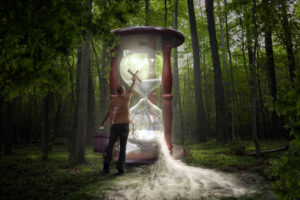 by Wendy Lawton
by Wendy Lawton
Broken things drive me crazy. Just call me the Fix-it Fairy. If something is broken–be it an object, a person, or a system–I have trouble accepting the state of brokenness. I want it fixed.
Last week I talked about the correct way to submit queries. Today I want to vent about the query system agents currently use to screen potential clients. Here’s a news flash: the system is broken.
Let me tell you why.
Queries are not necessarily representative. Some of the finest writers are some of the worst query writers and vice versa. We’re making seat-of-the-pants decisions on a bit of promotional-type writing.
Scarcity of Slots. Truth be told, most established agents carry a very full client list. That’s not to say that we don’t take on a new client if we fall in love with the book or the writer, but I struggle to find new clients through the query system. I often wonder if it is counter-productive. So how do we find clients? Each agent is different and I know, even in our agency, some agents have found a good number of their clients through the query system. But I tend to find clients two different ways: through referrals from editors, clients or published authors; and through meeting writers in person at a conference. As I write this I’m in Minneapolis for a the Northwest Christian Writer’s Conference. I always look forward to meeting writers in the flesh. Some writers I’ll be meeting for the second or third time.
Read the full post on


 by
by  So I find a lovely-looking review blog. The posts are thoughtful, fair and seriously considered. I look up the review policy and … it says ‘no self-published books’.
So I find a lovely-looking review blog. The posts are thoughtful, fair and seriously considered. I look up the review policy and … it says ‘no self-published books’.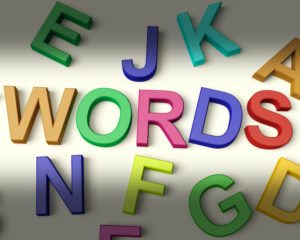 As a literary agent in major trade publishing at the Trident Media Group literary agency, I often have to explain the elements of a good query letter to new clients. This article is intended as a description of what goes into a good query letter, for new authors unfamiliar with what literary agents and editors are looking for in a query letter intended the book-publishing world. For a writer who might be currently querying literary agents, or even contemplating that process, this might be interesting reading. Considering the high rejection rate in the book publishing industry for writers trying to become debut authors, this article will hopefully be enlightening for the countless writers who are experiencing rejection due to a poorly-constructed query letter.
As a literary agent in major trade publishing at the Trident Media Group literary agency, I often have to explain the elements of a good query letter to new clients. This article is intended as a description of what goes into a good query letter, for new authors unfamiliar with what literary agents and editors are looking for in a query letter intended the book-publishing world. For a writer who might be currently querying literary agents, or even contemplating that process, this might be interesting reading. Considering the high rejection rate in the book publishing industry for writers trying to become debut authors, this article will hopefully be enlightening for the countless writers who are experiencing rejection due to a poorly-constructed query letter.
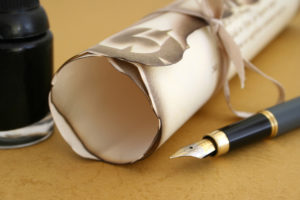
 By
By The explosion of independent publishing houses in the U.S. and abroad makes it vital for authors to investigate publishers carefully before signing a contract. While even diligent research can’t ensure you’ll avoid every possible problem, here are some questions to ask before you accept a traditional publishing deal:
The explosion of independent publishing houses in the U.S. and abroad makes it vital for authors to investigate publishers carefully before signing a contract. While even diligent research can’t ensure you’ll avoid every possible problem, here are some questions to ask before you accept a traditional publishing deal: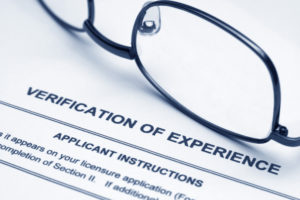 Way, way back in September of 2013 I wrote
Way, way back in September of 2013 I wrote  I wrote this post in 2015, but I’ve added a snippet at the end that’s actually an announcement tied to acknowledgments. So read on!
I wrote this post in 2015, but I’ve added a snippet at the end that’s actually an announcement tied to acknowledgments. So read on! I’ve been asked by writers and others if I’d ever query traditional publishers again.
I’ve been asked by writers and others if I’d ever query traditional publishers again. What is the secret of your success?
What is the secret of your success?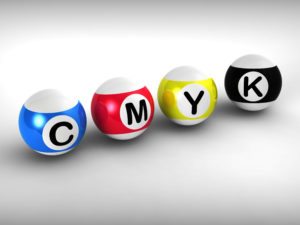 Over the past few months, we’ve talked about
Over the past few months, we’ve talked about  by Jeffrey Monaghan
by Jeffrey Monaghan